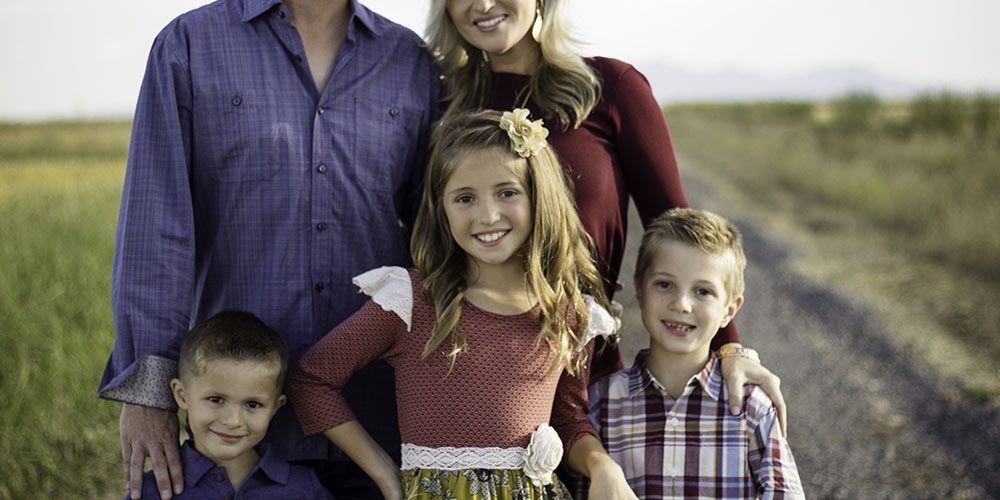Creating a will is a critical step if you hope to ensure that your assets are distributed the way you would like them to be. Because although we might not like to think that one day we will get older, and eventually pass away, it’s an important reality we must accept— especially if we think with our heir’s best interest in mind.
Yet, many people get it wrong when it comes to wills, and often it leads to legal disputes and even conflict amongst family members. Don’t let this happen to you. Here are some of the biggest mistakes people make when creating their will and how you can avoid them.
Not Making Updates
If there’s one thing most people can agree on about life, it’s that it changes on a daily basis. From your relationships, to your geographical location, there are all sorts of things that can evolve and change as life goes on. That’s why it’s so important that you revisit your will regularly and make sure that your will reflects any of these changes.
Have you gotten divorced? Have you gotten married? Do you have any new children? Have you experienced any significant changes in your assets? Take these things into account and update your will as needed.
Forgetting to Name a Guardian
So often when we create our wills we are totally concentrated on our assets, and forget about one of our most precious assets—our children! It’s incredibly important that you name who you intend the guardian to be of your children. If you fail to designate a guardian, the court will ultimately decide who will take care of your kids, and this may not always align with your children’s best interest or yours.
When naming a guardian, you want to consider whether they’re truly the best choice. Is this someone that is experienced and trustworthy when it comes to raising a child? Perhaps most importantly, is this person in a stable living situation, and are they willing to raise your child if they were faced with having to do so?
Forgetting Taxes
Remember, tax implications always come along with your estate. There are all sorts of taxes you may not be aware of, so it’s important that you get to know them. From inheritance taxes to estate taxes, consider the implications when creating your will. The last thing you want is to add any sort of financial burden to your loved ones’ lives when they inherit your belongings.
You may want to consider consulting with a professional who can help you understand all of the implications, and strategically plan how to organize your will in a way that minimizes the tax liabilities.














